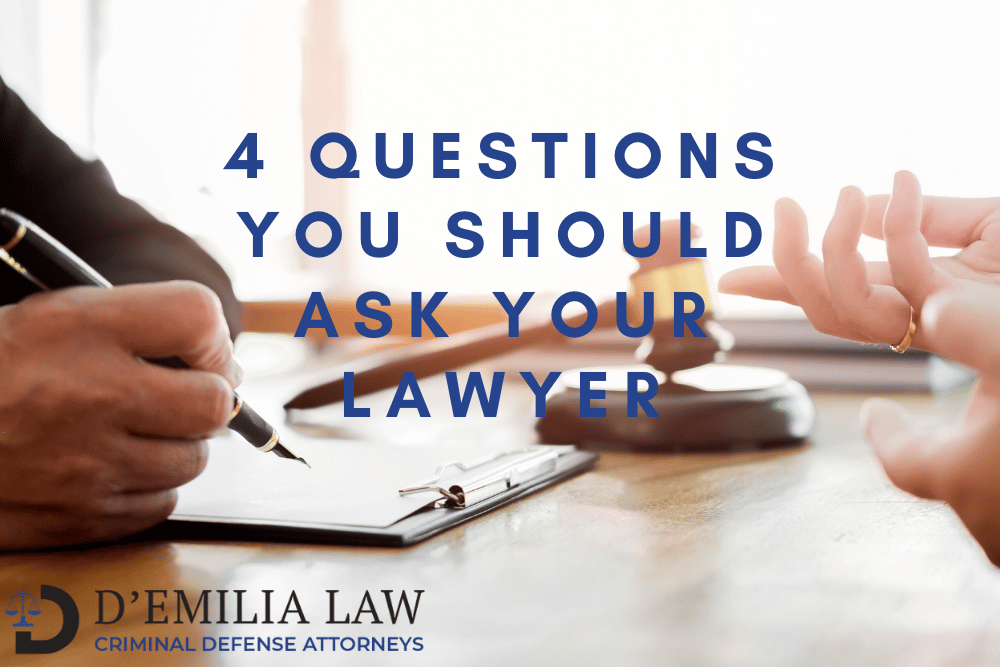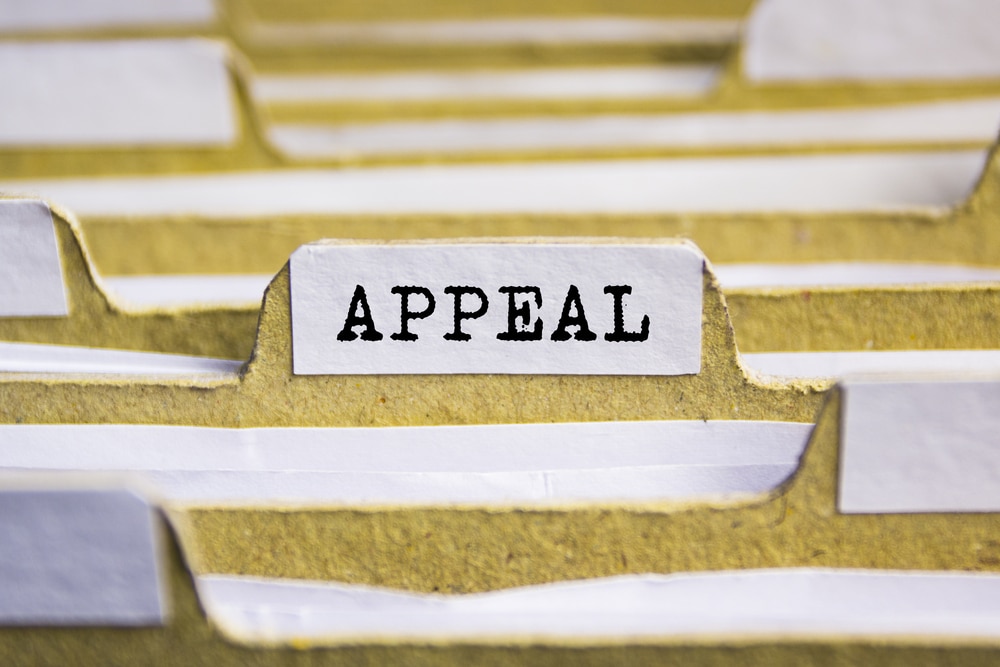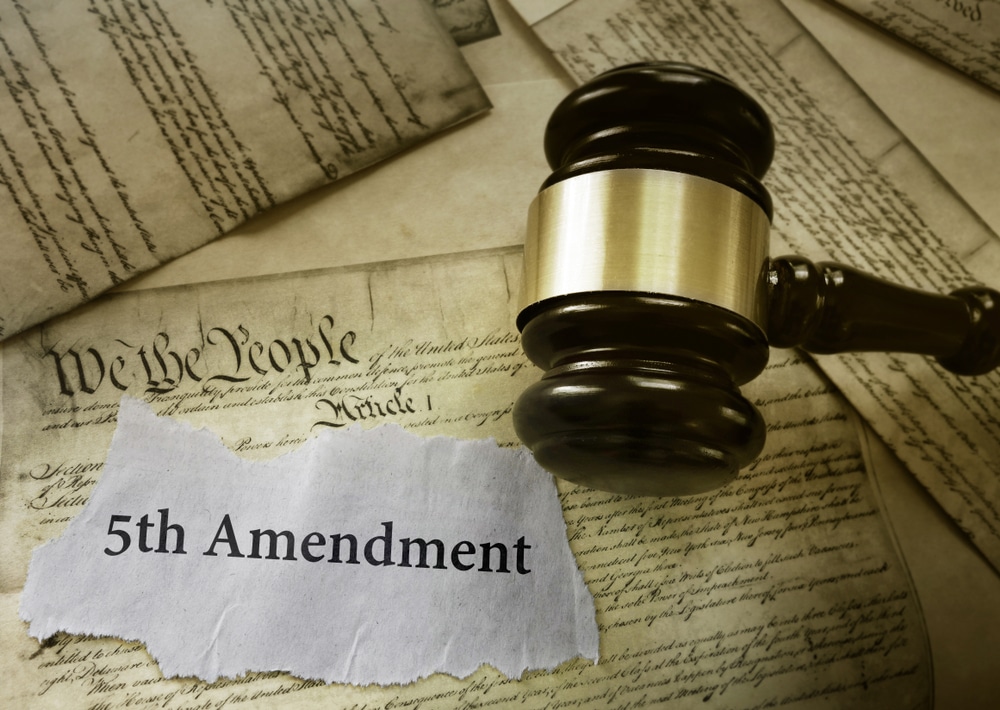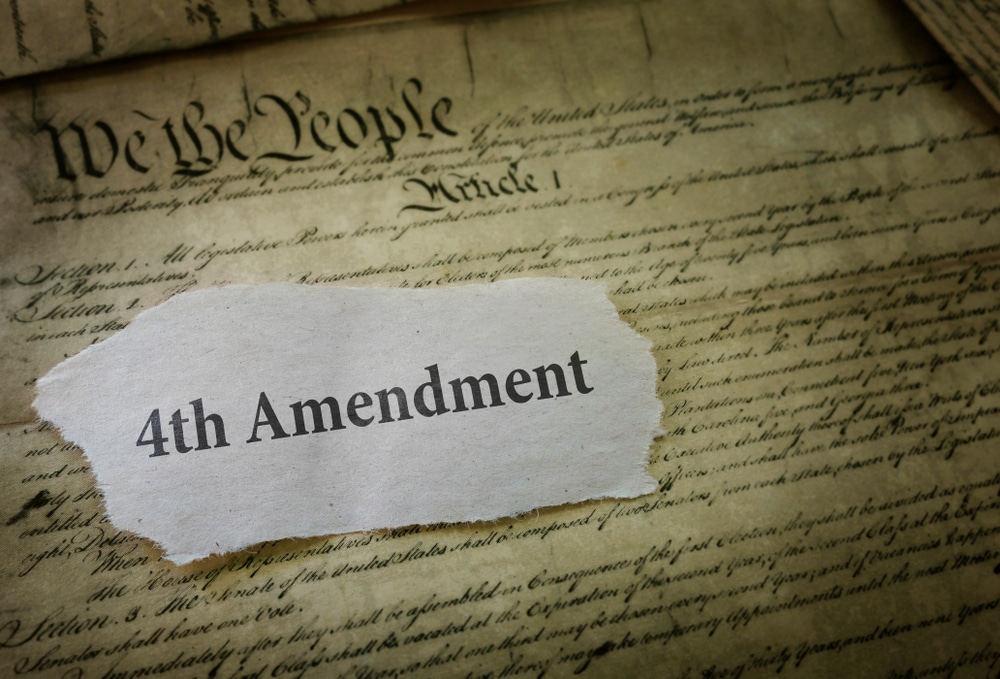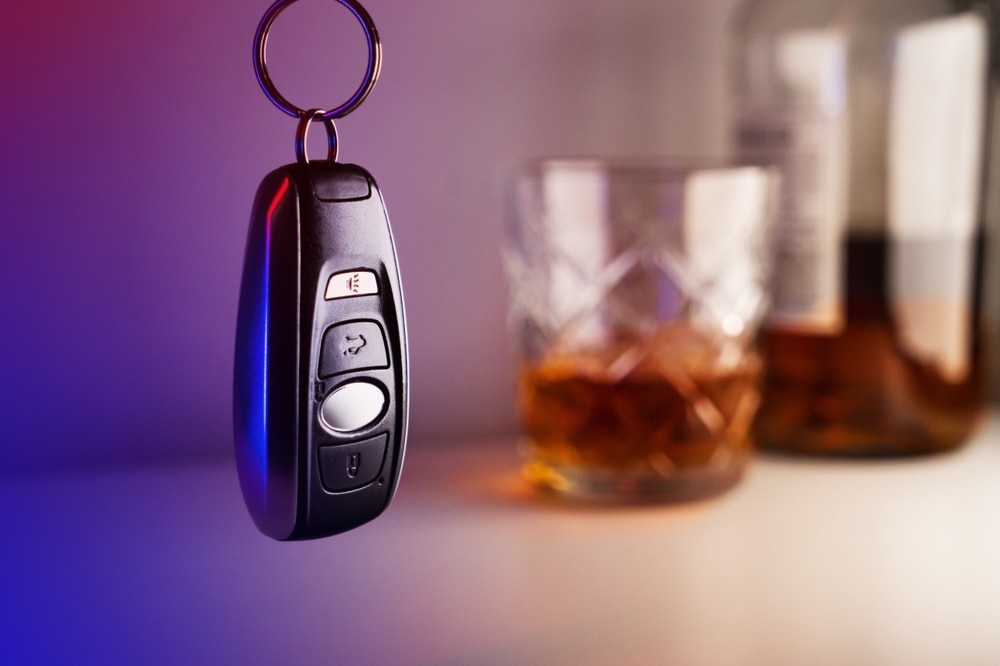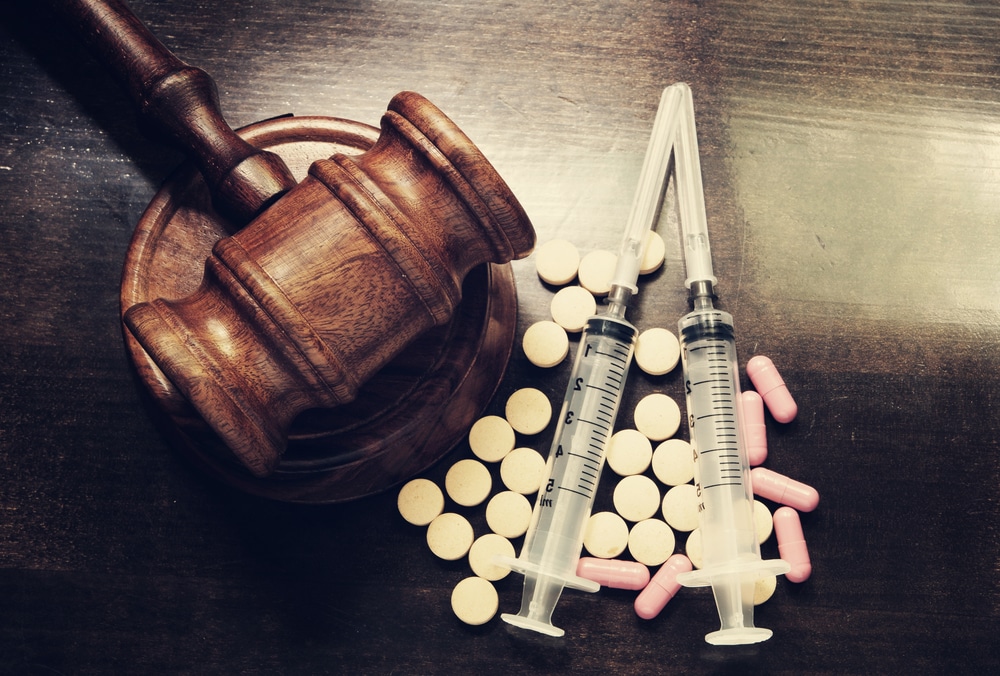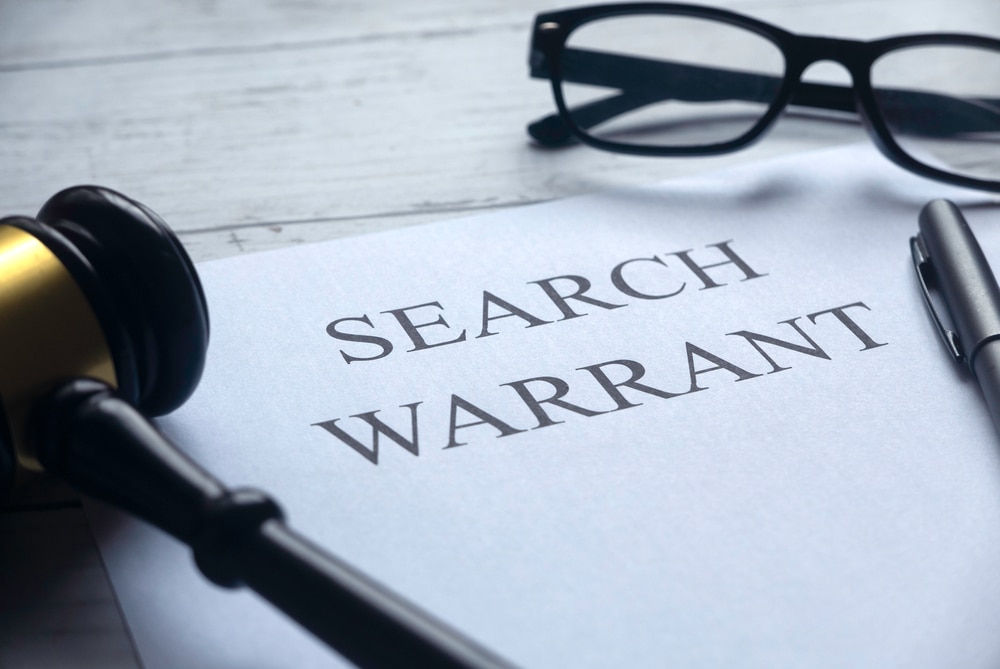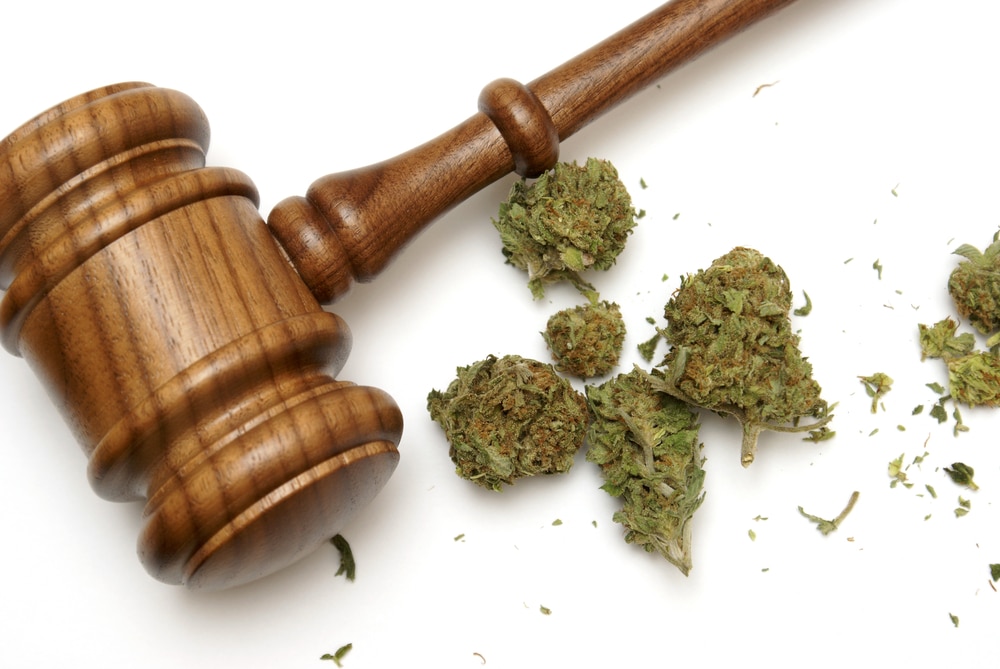We previously discussed the basic sequence of events involved in a criminal case. We received a lot of feedback from visitors and readers who inspired us to expand on that installment by exploring what defendants should be asking their lawyers.
You should hire a NYC criminal defense lawyer you trust to represent you, and you should always feel comfortable asking questions. Do not feel like you are undermining or bothering them. All knowledge will help you and your loved ones better understand what is happening and what you can expect before, during and after trial.
Question 1: When do police need to read me my Miranda rights?
We’re often asked about Miranda warnings. Many of us have heard the following on-screen, or possibly in real life:
“You have the right to remain silent. Anything you say can and will be used against you in a court of law. You have the right to an attorney. If you cannot afford an attorney, one will be provided for you. Do you understand the rights I have just read to you? With these rights in mind, do you wish to speak to me?”
Police can make arrests without reading a Miranda Warning. They are only required to recite Miranda warnings to a suspect if they intend to interrogate that person under custody. When in doubt, remember that you have the right to ask if you are under arrest. It does not imply guilt.
Always remember that police can use what you say against you later. Even if you are only a suspect and not under arrest, you may first call a lawyer – which we always encourage – to ensure you do not incriminate yourself. If the police do not have enough information or evidence to hold you, you will normally be allowed to leave the station freely.
Question 2: Beyond legal fees, what are some additional expenses I should expect?
Most lawyers will need to hire outside specialists and experts to help gather evidence, testimony and information. This includes private investigators, forensic specialists, expert witnesses like doctors and former law enforcement professionals who can recreate crime scenes.
Their involvement is as valuable behind-the-scenes as it is if/when they take the stand to present their findings. These contributions can help your lawyer build a stronger defense that can help get your charges reduced or even dismissed.
Question 3: What are the potential consequences of a guilty verdict?
The penalties differ from crime to crime, and particularly between a misdemeanor and felony. Ask your lawyer if their outlook is changing as your case progresses. If negotiations seem likely, the penalties may be less severe and you may be encouraged to accept a plea. If yours is a high-profile charge with a lot of media attention, the prosecution may be gearing up for a trial, and prison time may be possible if convicted.
If found guilty, there are alternative sentences to jail or prison time. This includes community service, probation, fines, rehabilitation and work-release programs. So much depends on the prowess of your NYC criminal defense lawyer and what he or she can negotiate or convince the judge is reasonable.
Question 4: What does it mean to appeal a verdict?
Every defendant has the right to an appeal, but that does not mean you will get a new trial. An appeal is a review of the relevant portion(s) of the court file and the relevant portion(s) of the transcript of the trial minutes by the judges of the Appellate Term of the State Supreme Court.
The types of details that will help your case qualify for an appeal include proving:
- Substandard prior representation or legal malpractice.
- Mishandled evidence.
- New evidence.
- Police or judicial bias.
- New or special testing that could make a difference.
A successful appeal could mean that your sentence will be overturned or severely reduced, but it is a challenging and long process. That is why your argument needs to be convincing and unique; the courts are already jammed with appellate reviews. Each year, the Appellate Division of the First Judicial Department Supreme Court of the State of New York determines more than 3,000 appeals, 6,000 motions, and 1,000 interim applications.
These are just a few examples of what you should ask your criminal defense lawyer. Communication and honesty are critical to the success of a case and it all begins with asking questions.
D’Emilia Law maintains that an arrest is not the end of your life. A strong and strategic defense can uphold your innocence, keep you out of jail and reduce your charges and fines.

